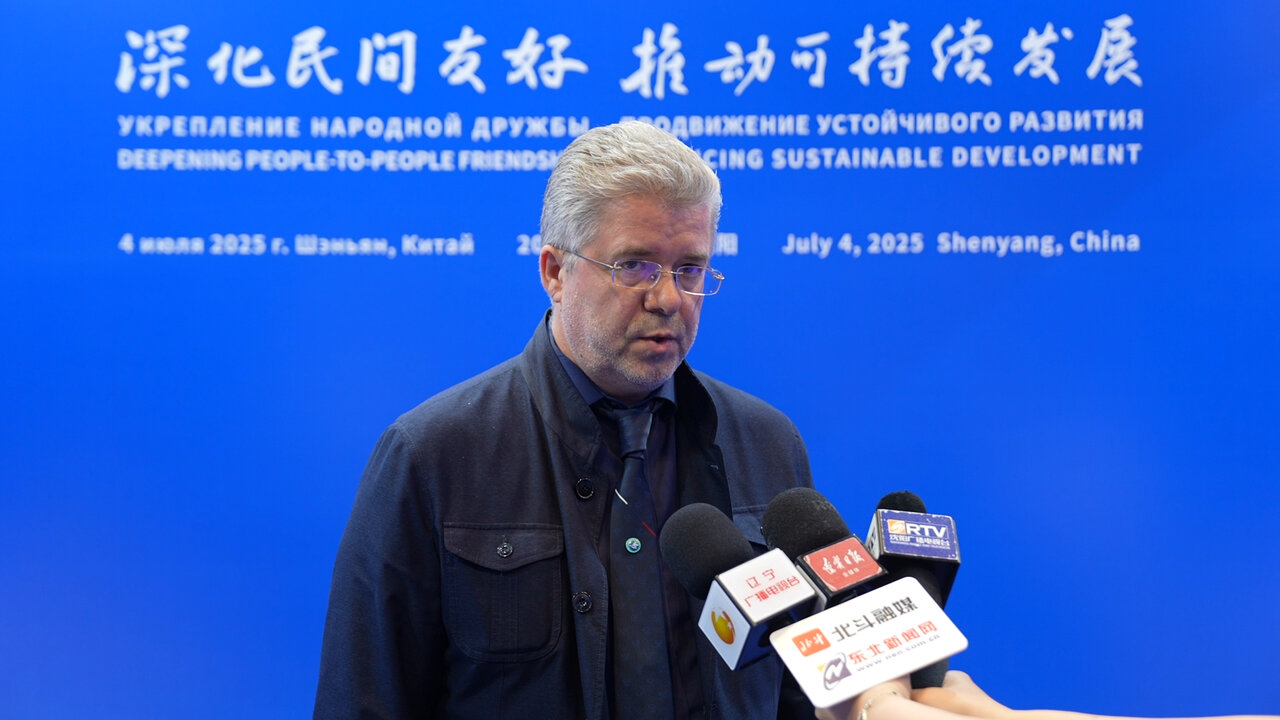SCO official: Iran-Russia ties set to multiply through people-to-people diplomacy

SHENYANG – Stanislav Korolev, Director of National Center of Public Diplomacy for the Shanghai Cooperation Organization (SCO) in Russia, has highlighted the enduring strength and growing depth of Iran–Russia relations, emphasizing the pivotal role of people-to-people diplomacy in building a resilient future for both nations.
In an exclusive interview with the Tehran Times on the sidelines of the Forum on People-to-People Friendship and the Forum on Friendship Cities, held in Shenyang, the capital of China’s Liaoning Province, on July 4, Korolev reflected on the historical foundation and strategic evolution of ties between Tehran and Moscow.
“Iran and Russia have long had strong economic ties,” Korolev said. “And these connections are not only in the public sector of the economy, but also in the private sector. Our countries constantly exchange business missions, covering a wide range of sectors—from energy and construction to industrial development and technology transfer.”
He underlined that such multifaceted exchanges are rooted in longstanding historical bonds. “We are talking about historical ties with Iran,” Korolev noted. “And Russia values these ties very much and takes them very seriously.”
Korolev went further to underscore the future trajectory of these relations: “Today, we not only maintain economic, political, social, and cultural relations with Iran, but in any case, we will continue to expand and multiply them.”
Beyond traditional diplomacy, Korolev spoke of a shift in international relations—one that places people-to-people diplomacy at the center of global engagement. “Without the tools of people’s diplomacy, we cannot build a sustainable future for our countries,” he said. “We have already seen how the international system of relations has degraded sharply in recent years. It is precisely people’s diplomacy that now comes to the fore as the main platform for negotiations—between countries, between people, and between organizations.”
These grassroots connections—built through cultural exchange, academic cooperation, sister-city initiatives, and civil society engagement—are, according to Korolev, essential to the shared vision of the SCO, which increasingly seeks to move beyond conventional statecraft.
“The key to the success of the common space of the Shanghai Cooperation Organization, which we are building today, lies in this very foundation of human connection,” he stressed.
As Iran deepens its participation in the SCO following its full accession to the bloc, Korolev’s comments reflect a mutual commitment by Tehran and Moscow to forge closer ties rooted in trust, shared history, and the power of citizen diplomacy. The forums in Shenyang offered a timely and tangible platform for expanding that vision.
